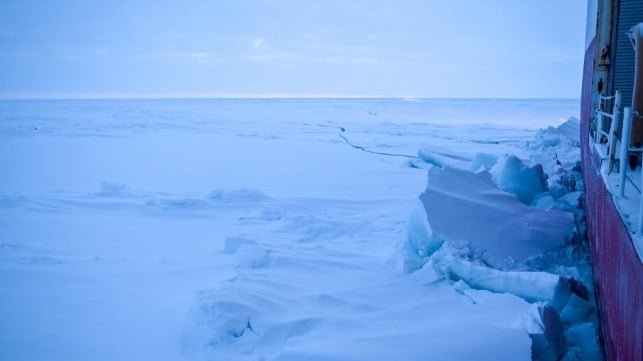The Impact of Undersea Mining on International Governance
By Doaa Abdel-Motaal
Recent developments in undersea mining have brought to light the evolving landscape of governance surrounding critical mineral resources in areas beyond national jurisdiction. The executive order issued by the United States in April, authorizing expanded engagement in seabed mining, signifies a shift in how these resources are managed and regulated.
At the center of this shift is the United Nations Convention on the Law of the Sea (UNCLOS), which established the International Seabed Authority (ISA) to oversee mineral-related activities in the international seabed area. While exploration contracts have been issued for minerals like cobalt and manganese, commercial mining is pending the adoption of a comprehensive mining code.
Despite the US not ratifying UNCLOS, President Trump’s executive order aims to streamline seabed mining activities by US entities to secure critical minerals for energy and economic resilience. This move has raised concerns, particularly from China, about its implications on international legal norms and ongoing negotiations at the ISA.
These developments also have implications for Antarctica, governed by the Antarctic Treaty System that prohibits mineral resource activities except for scientific research. The Protocol on Environmental Protection includes a review clause that could potentially reconsider the mining ban in 2048, subject to certain conditions.
The parallels between undersea mining and the governance of Antarctica highlight the delicate balance between resource access and environmental protection in areas beyond national jurisdiction. As strategic interests drive decision-making, the consensus that safeguards these regions may face challenges.
Both deep seabed ecosystems and Antarctica are vulnerable to irreversible impacts from mining activities. The prioritization of resource access over multilateral processes could reshape global expectations and jeopardize the environmental integrity of these regions.
About the Author
Doaa Abdel Motaal is a visiting professor of polar studies at Sciences Po, Paris.
This article appears courtesy of The Strategist and may be found in its original form here.

